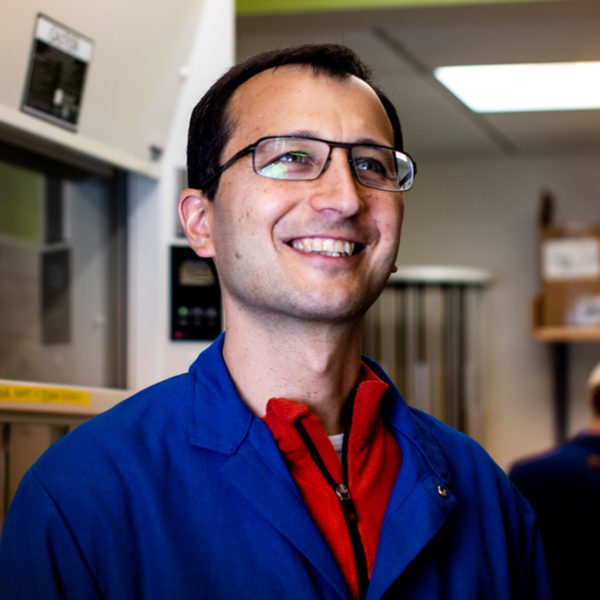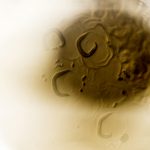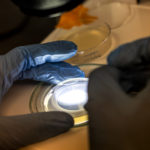About Javier Apfeld
I use a quantitative imaging perspective to address fundamental questions in neuronal biology that span topics from cellular redox chemistry to multicellular aging.
Our lab seeks to dissect the interplay between redox processes and age-dependent changes in tissue function in the nematode C. elegans, in order to shed light on the association between the dysregulation of the cellular redox environment and many human diseases of aging.
We tinker with redox processes spanning increasing levels of organismic structure, ranging from the molecular to the cellular and organismic levels. We study how oxidation affects the function of proteins and signaling pathways at the molecular level, using molecular biology and CRISPR-Cas9 genome editing. We probe how protein oxidation is regulated at the cellular and tissue levels, using genetically-encoded protein oxidation sensors that we monitor via ratiometric fluorescence microscopy in live animals. We use system-biological tools to integrate how redox control affects organismic traits, including lifespan.
The Apfeld Lab seeks to dissect the interplay between redox processes and age-dependent changes in tissue function in the nematode C. elegans, in order to shed light on the association between the dysregulation of the cellular redox environment and many human diseases of aging.
Publications:
-
Google ScholarRead



